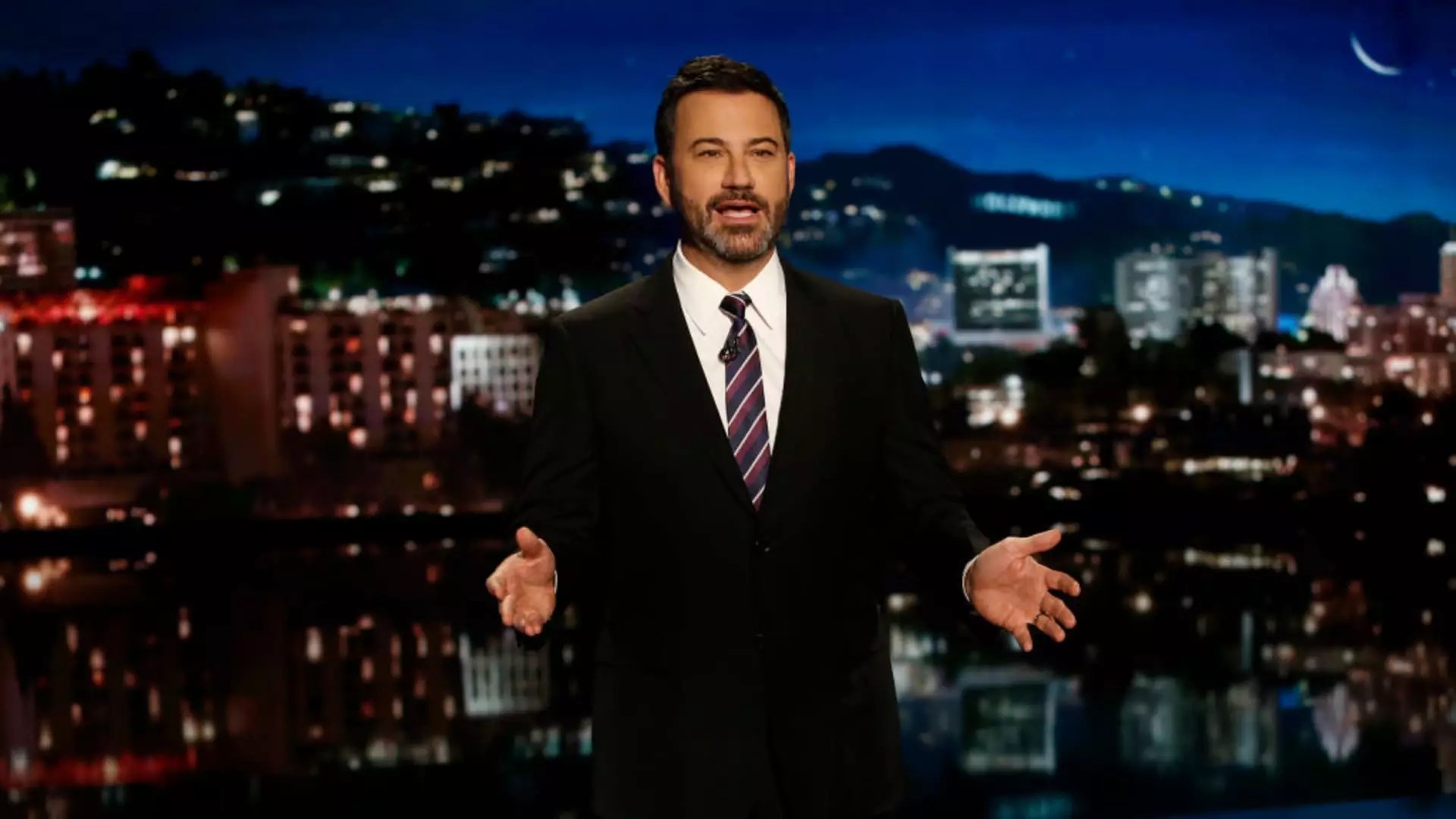The ongoing saga of Jimmy Kimmel’s show highlights a deeper, unsettling trend within American media—how quickly the boundaries of free speech can be tested when political agendas collide with corporate interests. Kimmel’s sudden suspension from ABC signals not just a singular controversy but exposes a fragile ecosystem where entertainment, politics, and corporate influence intertwine. While the late-night host’s comments on the Utah killing sparked immediate backlash, the wider implications suggest an alarming shift where politically charged rhetoric can lead to professional and even personal harm. This isn’t merely about one comedian’s remarks; it’s emblematic of how the American media landscape is increasingly vulnerable to external pressures that threaten genuine free expression.
In essence, the situation underscores the precariousness of watchdog journalism and outspoken commentary in an intensely polarized nation. Kimmel’s satire, which dared to criticize certain political narratives, became a lightning rod for accusations of misinformation and unwarranted censorship. The fact that various media conglomerates and political figures now threaten to extend this suppression by revoking licenses or forcibly removing voices from the airwaves demonstrates a troubling trend: the erosion of a liberal-leaning, independent press that is vital for a functioning democracy. When corporate and political interests unite to silence dissent, the public’s right to diverse perspectives suffers, cultivating an environment of self-censorship and conformity.
Corporate Power and Political Influence: A Dangerous Convergence
The involvement of powerful entities such as the FCC, Fox News-affiliated local stations, and influential politicians reveals how corporate interests are often aligned with particular political agendas. The FCC chairman Brendan Carr’s comments about Kimmel’s remarks as potentially misleading highlight a disturbing tendency to blur the lines between regulatory oversight and ideological control. Carr’s remarks echo a broader pattern of government figures leveraging regulatory power to suppress narratives they find inconvenient, a trend that heavily tilts the playing field in favor of conservative voices.
The reaction from conservative commentators and politicians, including claims that Kimmel was a victim of “cancel culture,” is contentious. Yet, beneath this defense lies a complex reality: the sweeping power to silence voices that challenge prevailing political orthodoxies. The support from figures like Senator Ted Cruz, who likened FCC directives to Mafia-style coercion, exemplifies how high-level political discourse can veer dangerously close to authoritarian rhetoric. This convergence of corporate influence and political ambition projects a future where media independence could become increasingly compromised under the guise of protecting public morals or national interests.
Freedom of Speech Under Threat: A Widening Cultural Crisis
The protests, boycotts, and even acts of violence that erupted around the Kimmel controversy expose a cultural fissure rooted in fears of losing control over narratives. From Hollywood protests to threats of violence at ABC stations, it’s clear that the conflict is not just about one joke or one show—it is about the fundamental rights underpinning a liberal democracy: free speech and open debate.
Progressives and centrists alike should recognize that the right to speak out, criticize, and satirize—even contentious issues—is the foundation of a healthy society. When corporations bow to political pressures or legal threats to silence outspoken figures, they undermine this bedrock principle. Equally troubling is the fact that public figures like Michael Eisner have spoken out in defense of Kimmel, signaling that even within corporate corridors, doubts about censorship persist. Their voices serve as vital checks against a creeping authoritarianism disguised as “accountability,” reminding us that the fight to protect free expression transcends individual personalities—it is about safeguarding democracy itself.
The Future of Media and Political Accountability
As the debate rages on, it becomes increasingly clear that the American media’s independence hangs in the balance. The assault on Kimmel should serve as a wake-up call: the power dynamics within corporate media, coupled with political interference, threaten to turn entertainment platforms into extensions of ideological enforcement. This is a dangerous trajectory for any society that values pluralism and open dialogue.
The real question isn’t just whether Kimmel will return or if others will face similar censorship; it’s whether we are willing to stand up against unchecked power—be it corporate, political, or both—that seeks to constrain our collective voice. If the United States continues down this path, where legal threats, regulatory overreach, and violent reactions become normalized responses to dissent, the core ideals of liberal democracy will be further eroded. The challenge lies in resisting these trends, reaffirming the importance of independent media, and ensuring that the power to speak freely remains protected for all, regardless of political leanings or social standing.

